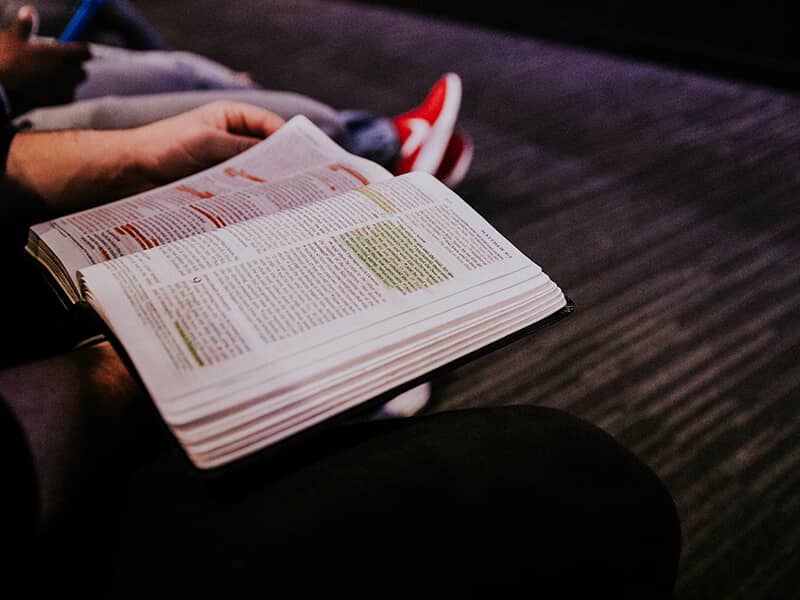(RNS)--In a move that will likely have a rippling effect throughout Conservative Judaism, the movement is preparing to consider whether homosexuality is permissible according to Jewish law.
Judy Yudof, president of the United Synagogue of Conservative Judaism, plans to submit a letter "in the near future" to the Committee on Jewish Law and Standards asking that the group revisit the issue of homosexuality and discern whether the movement's official teaching on the subject should change.
The committee is scheduled to meet March 5.
Yudof, whose organization is a lay arm of the 1.5 million-member movement, working with synagogues and lay leaders, emphasized she is not specifically asking the law committee to address same-sex commitment ceremonies or the ordination of gays and lesbians as rabbis."The issue is not within our purview," she said. "I am writing to ask the committee to revisit the policy on gays, to research to determine whether it is or is not halachic (legal according to Jewish law) behavior."
But Yudof, who has not revealed her own views, acknowledges that the law committee's ruling will likely have an impact on those two key issues. "I know that other things can flow from a scholarly answer to this question," she said.
The Conservative movement is viewed as a middle ground for many Jews, between the traditional Orthodox movement and the more theologically liberal Reform movement.
Many Jews shy away from Orthodoxy over issues like the separation of men and women during worship, and they find a religiously traditional but more socially open environment in the Conservative movement.
Both the Reform and Orthodox movements have set policies on homosexuality -- the Reform movement ordains gays and lesbians and allows commitment ceremonies, the Orthodox movement does not.
The last time the Conservative movement addressed homosexuality was in 1992, when the law committee issued the current policy, which states that while gays and lesbians are to be welcomed as members of Conservative congregations, schools and camps, they cannot be admitted to rabbinical or cantorial school.
Further, rabbis are barred from performing same-sex commitment ceremonies. Schools and synagogues are allowed to hire gays and lesbians for their staffs if they choose.
Since that ruling, which was published as a "teshuva," or religious opinion, the movement has wrestled with how to enforce and implement the policy.
According to Rabbi Jerome Epstein, USCJ executive vice president, a congregation must pass through an application process to become an official Conservative synagogue, meeting standards like a kosher facility, observing Shabbat, not performing intermarriages, and not performing commitment ceremonies.
In 1995, Rabbi Stuart Kelman of Congregation Netivot Shalom in Berkeley,
Calif., performed a "covenant of love," or "rit re'yut," for a lesbian
couple in his congregation.
Netivot Shalom is not a member of the USCJ, and Kelman, a member in good standing of the movement's Rabbinical Association, says he acted independently, without the backing of the movement. "I obviously went out on a limb as an independent rabbi, not with the backing of the Conservative movement, not with the backing of the law committee," said Kelman.
Kelman says he now hopes that the law committee will "sanction a public religious ceremony of commitment between gays and lesbians," though he is not comfortable calling it a wedding.
Some members of the law committee have voiced their views on what they believe Jewish tradition will have to say about the issue when it is officially raised.
Rabbi Elliot Dorff, the vice chair of the law committee who is expected by some to become the chair sometime in the next several months, has worked with the AIDS community and has a lesbian daughter. He said these experiences lead him to the view that gays and lesbians should be ordained as rabbis and should be allowed to have commitment ceremonies.
Dorff, a distinguished professor of philosophy at the University of Judaism in Los Angeles, interprets the controversial verse in the biblical book of Leviticus chapter 18 that seems to refer to homosexuality as "an abomination" in what he calls "a narrow way," arguing that promiscuous sex, oppressive sex or rape is indeed an abomination, but "loving, monogamous sex between gays ought to be sanctified in a similar way, or a parallel way, to marriage."
Rabbi Joel Roth, a law committee member for 30 years and a professor of Talmud and Jewish law at the Jewish Theological Seminary, strongly disagrees, and says his opinion has not changed since the issue was raised in 1992. "I cannot think of any argument that would persuade me that Jewish law allows now what it didn't allow 10 years ago," he said.
Roth believes the debate could be fractious to the movement. "How can it not be? It's divisive in American society. The Conservative movement is part of American society -- it will be divisive in the Conservative movement," he said.

